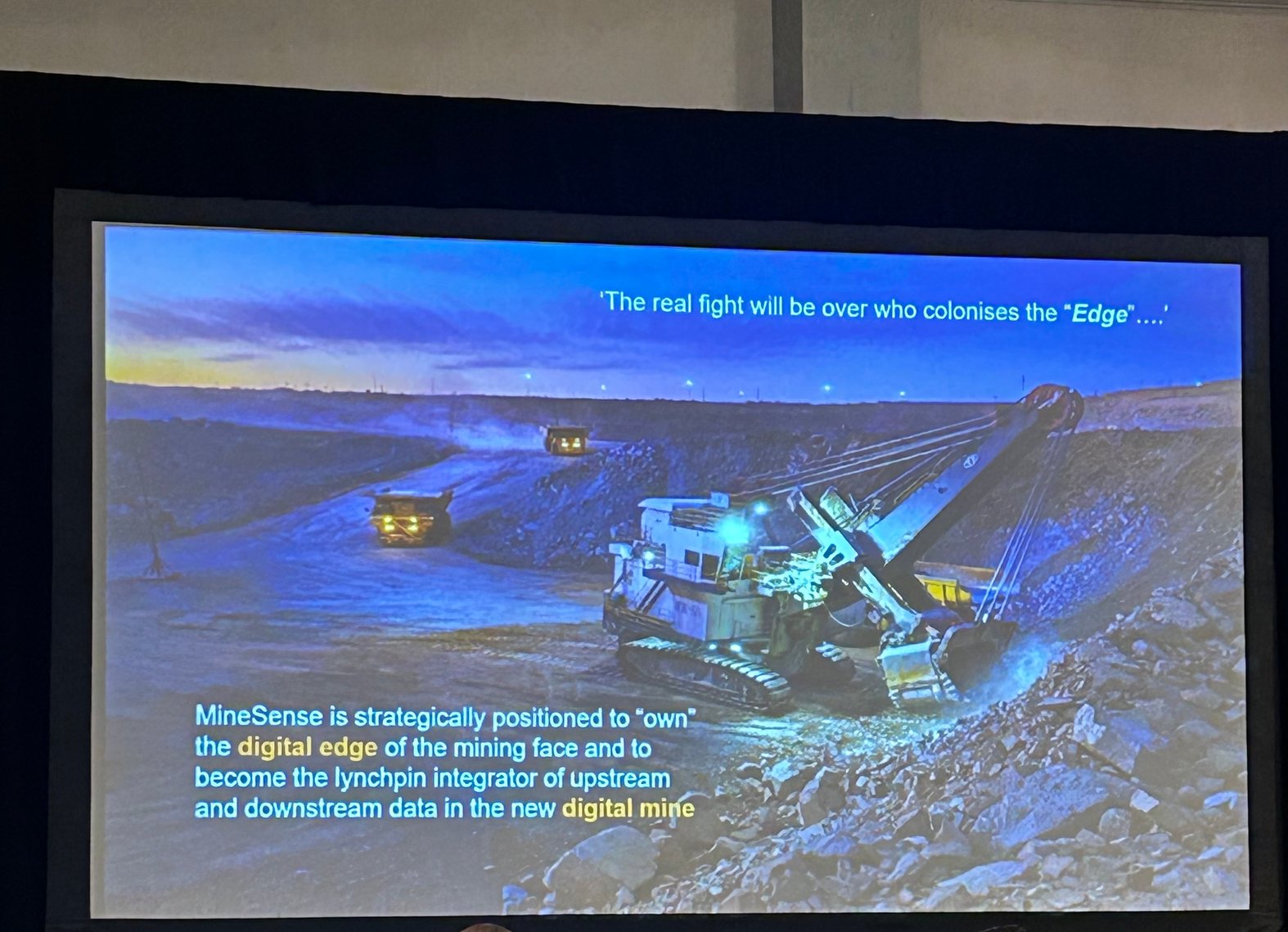
I've been working on a few things at once that are all converging around one thing: what should the fossil fuel industry's role be in addressing climate? So far the industry has played whatever role it wants to play, crafting "solutions" that suit it and then funding the research, tech investments, and PR campaigns that turn those ideas into a reality of sorts, if a warped one.
I first got to thinking about this around the lead-up to COP28. And when I say "first got to thinking," I don't mean 2023 is the first time I ever thought about this question, just that this most recent return to it happened in the lead-up to COP, because the rhetoric—from the UAE, yes, but also from folks like Mike Bloomberg, Bill Gates, John Kerry and so forth—was so very much focused on "market-based" and technological "solutions" to the climate crisis. And baked into that idea was what seemed to me like an incredibly naive belief: that the industry that created the climate crisis rather than see even a slight decline in its profits would now decide to go ahead and accept that decline for...no apparent reason. I wrote about this at the time too, and the limits of so-called "eco-modernism."
I was also digging into the myth-making around Dr. Sultan Al Jaber and Masdar and the UAE's "cleantech" strategy, and just how much money and time and PR magic had gone into creating this fable that so many people bought into, so much so that they convinced themselves that appointing the president of the national oil company as the president of the climate summit was not only not a conflict of interest, but in fact a very good idea because who else could hope to convince the entire industry to embrace the idea of being climate leaders? Never mind that, like all of the other oil executives, he was busy working on a plan to expand fossil fuel production. Because of course he was, he is the president of the oil company and it is his job to make money off of oil, how is any of this remotely surprising?
This post is from our weekly newsletter. Subscribe to get it delivered to your inbox at the end of every week!
In the course of looking into Masdar, I reached out to an old source from back in the days when I was a cleantech reporter in the Bay Area. As someone with very bad email hygiene, I still had all the 2010 pitches I'd gotten on Masdar and at the time The Cleantech Group had been heavily promoting this "eco city of the future" via its various conferences. None of the folks who were there then are still around, but they are still having conferences so they invited me to the next one. I couldn't make it but our reporter and editor Molly Taft volunteered and wrote this great essay about the experience that we co-published with The Nation this week. Reading it, again, I was struck by the same thought: why does anyone think the fossil fuel industry is going to solve the climate problem? I understand why people want to believe that, I just don't understand why they do given all the evidence of how very unlikely it is. Here's just a snippet of that essay:
Oil and gas companies are not totally necessary to keeping the cleantech industry going, one investor told me; there are plenty of funding sources that
And finally, this week, I was looking up something related to fossil fuel funding of university research, a topic we're constantly digging into at Drilled, and was reminded of a conversation I had with a university administrator last year. He called me up in response to a story I wrote for The Guardian and earnestly wanted to know what the problem was with fossil fuel funding so long as it wasn't going toward more and better drilling. His school was only taking money for solutions, he told me. I asked whether they got a say in what got researched and he said not in any specific way, but that they were only funding research on carbon capture and biofuels. I asked him: "Do you think that so much money and effort would be going into carbon capture and biofuels if the industry hadn't put so much money into funding those, hadn't picked them as solutions?"
At first he said he hadn't really thought about it, and then a few minutes later he said he really wasn't sure whether the science would have led to these particular technologies rising to the top. That research funding then leads directly to a preference in the tech sector for certain "solutions," like the stuff Molly was seeing at the cleantech conference. It also often underpins policy. We have fossil-funded MIT research to thank for the U.S. government going all in on carbon capture as a "climate solution", for example, despite a mountain of evidence that its primary purpose is to allow oil majors to justify increasing fossil fuel production in the face of the climate crisis. I think the best way to understand why people are concerned about the volume of fossil fuel money in university research is to see it as effectively "pre-lobbying," the first step towards getting the policy and tech investments necessary to allow the industry that created the climate crisis to dictate what we're allowed to do about it.
And therein lies the rub: So many people say that oil majors should have a "seat at the table" on climate, should be part of the transition. And what they really mean when they say that is that they don't want to lose out on either the money amassed by these companies or the technical expertise that's been built up within them, both of which will be necessary components to any solution. But can't we have access to both of those things without giving oil company CEOs the power to dictate how the world will respond to the climate crisis? Isn't that what litigation and regulation are meant to accomplish?
This Week's Climate Must-Reads


